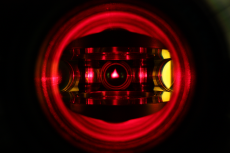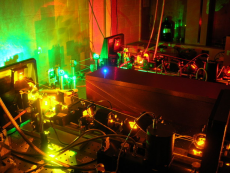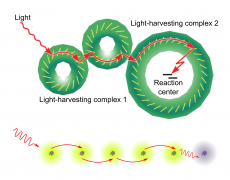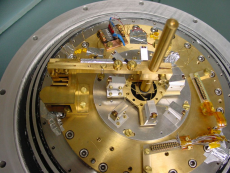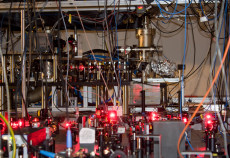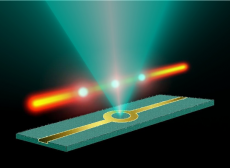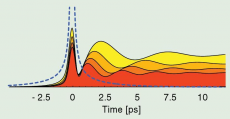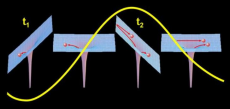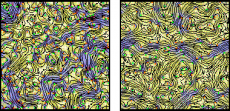CQD Special Seminar
7. April 2022 11:15
KIP, HS 2Tunable interactions in driven two-component Bose-Einstein condensates: effective three-body interactions and beyond-mean-field effects
Dr. Lucas Lavoine
Institut d'Optique, Paris
Mixtures of Bose-Einstein condensate offer situations where the usual mean-field interaction is reduced and higher-order terms may play a dominant role in the equation of state. In this context, the case of coherently coupled two component Bose-Einstein condensate will be addressed. First, we demonstrate a method to engineer large attractive three body interactions with striking consequences on the system properties [1]. Second, we measure the beyond-mean field equation of state and show that it is modified as compared to the uncoupled case [2].
[1] A. Hammond, L. Lavoine, and T. Bourdel, ‘’Tunable three-body interactions in driven two-component Bose-Einstein condensates’’, Phys. Rev. Lett. 128, 083401
[2] L. Lavoine, A. Hammond, A. Recati, D. S. Petrov, and T. Bourdel, ‘’Beyond-Mean-Field Effects in Rabi-Coupled Two-Component Bose-Einstein Condensate ‘’, Phys. Rev. Lett. 127, 203402, 2021

